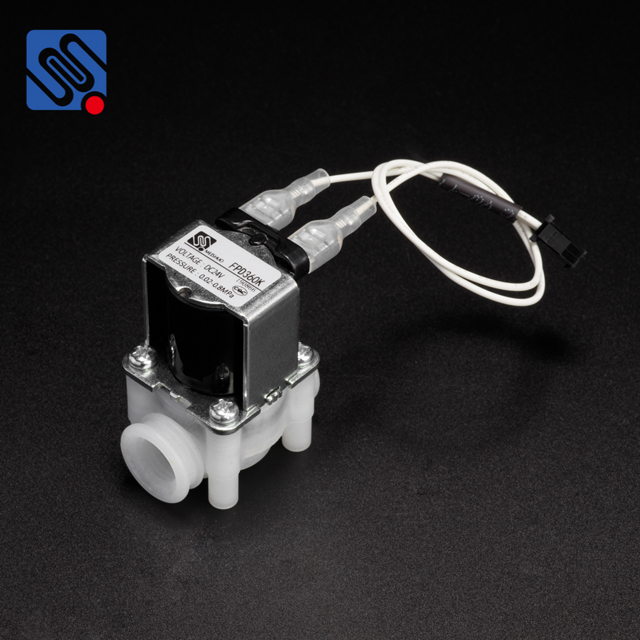In modern water treatment systems, ensuring the smooth flow and proper distribution of water is critical for both operational efficiency and water quality control. A key component in achieving this is the solenoid valve. Water Treatment System Solenoid Valves play an essential role in automating water flow control, making them a vital part of various applications, from industrial systems to residential water systems. This article will explore the function, importance, and benefits of solenoid valves in water treatment systems, along with their applications and selection criteria.

The Role of Solenoid Valves in Water Treatment Systems A solenoid valve is an electromechanically operated valve that controls the flow of liquids or gases. In a water treatment system, a solenoid valve regulates the water flow through pipes, filters, pumps, and other essential parts of the system. It is typically activated by an electrical signal, which moves an internal plunger to open or close the valve, allowing or stopping the flow of water accordingly. Water treatment systems often operate with highly specific flow patterns, and maintaining this flow is crucial for processes like filtration, chemical dosing, and disinfection
Leave a Reply